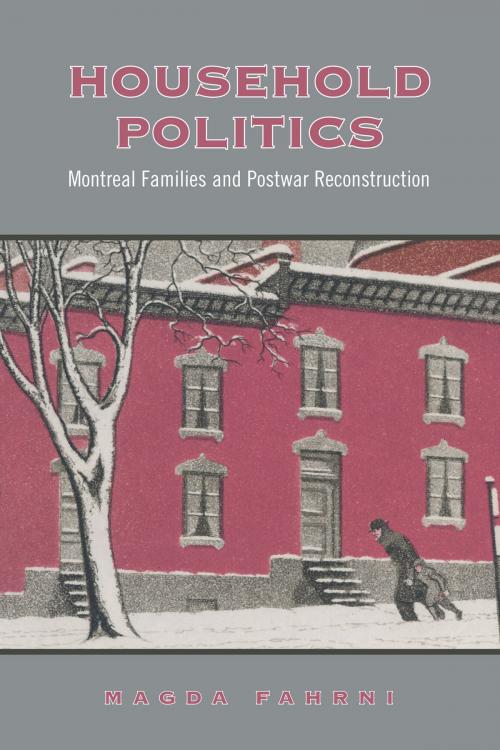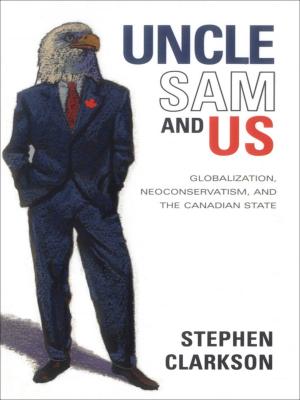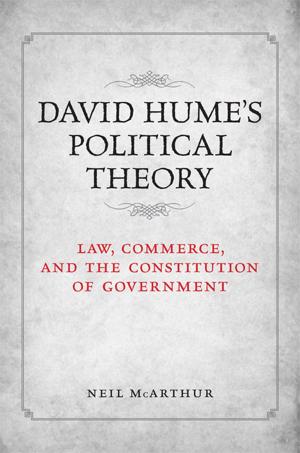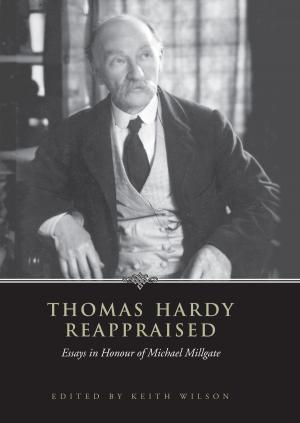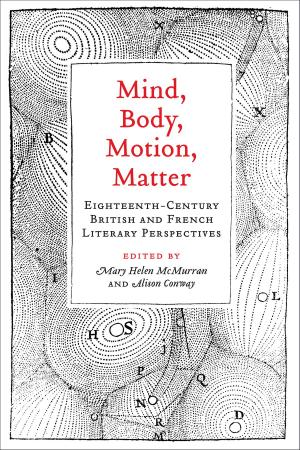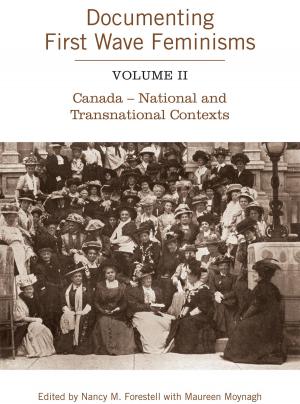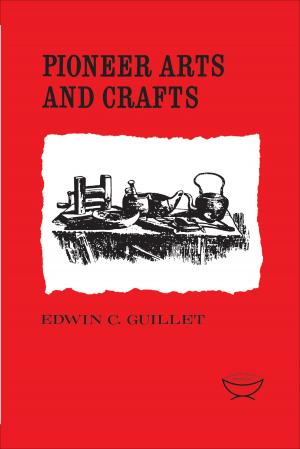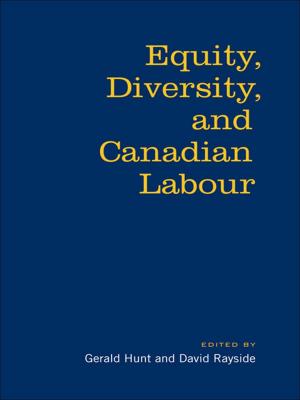Household Politics
Montreal Families and Postwar Reconstruction
Nonfiction, History, Canada, Social & Cultural Studies, Social Science, Sociology| Author: | Magda Fahrni | ISBN: | 9781442658219 |
| Publisher: | University of Toronto Press, Scholarly Publishing Division | Publication: | December 15, 2005 |
| Imprint: | Language: | English |
| Author: | Magda Fahrni |
| ISBN: | 9781442658219 |
| Publisher: | University of Toronto Press, Scholarly Publishing Division |
| Publication: | December 15, 2005 |
| Imprint: | |
| Language: | English |
The reconstruction of Canadian society in the wake of the Second World War had an enormous impact on all aspects of public and private life. For families in Montreal, reconstruction plans included a stable home life hinged on social and economic security, female suffrage, welfare-state measures, and a reasonable cost of living. In Household Politics, Magda Fahrni examines postwar reconstruction from a variety of angles in order to fully convey its significance in the 1940s as differences of class, gender, language, religion, and region naturally produced differing perspectives.
Reconstruction was not simply a matter of official policy. Although the government set many of the parameters for public debate, federal projects did not inspire a postwar consensus, and families alternatively embraced, negotiated, or opposed government plans. Through in-depth research from a wide variety of sources, Fahrni brings together family history, social history, and political history to look at a wide variety of Montreal families – French-speaking and English-speaking; Catholic, Protestant, and Jewish - making Household Politics a particularly unique and erudite study.
The reconstruction of Canadian society in the wake of the Second World War had an enormous impact on all aspects of public and private life. For families in Montreal, reconstruction plans included a stable home life hinged on social and economic security, female suffrage, welfare-state measures, and a reasonable cost of living. In Household Politics, Magda Fahrni examines postwar reconstruction from a variety of angles in order to fully convey its significance in the 1940s as differences of class, gender, language, religion, and region naturally produced differing perspectives.
Reconstruction was not simply a matter of official policy. Although the government set many of the parameters for public debate, federal projects did not inspire a postwar consensus, and families alternatively embraced, negotiated, or opposed government plans. Through in-depth research from a wide variety of sources, Fahrni brings together family history, social history, and political history to look at a wide variety of Montreal families – French-speaking and English-speaking; Catholic, Protestant, and Jewish - making Household Politics a particularly unique and erudite study.
